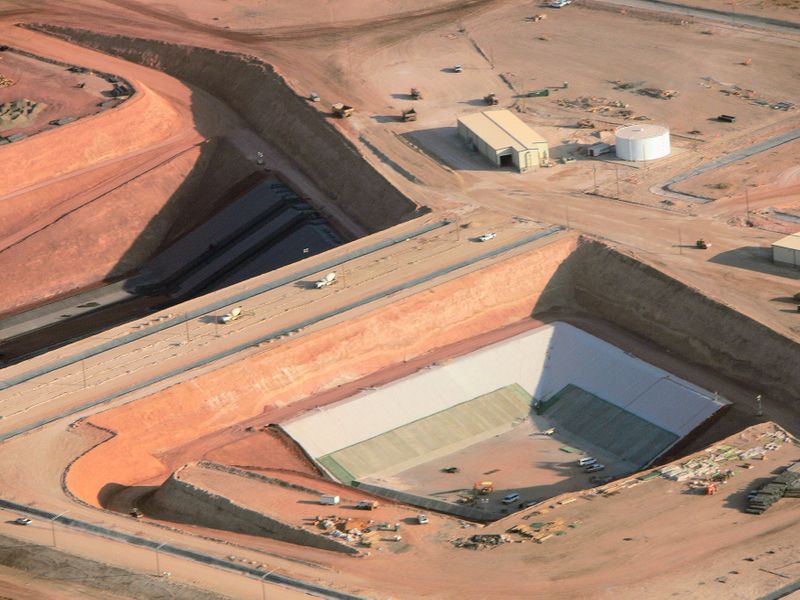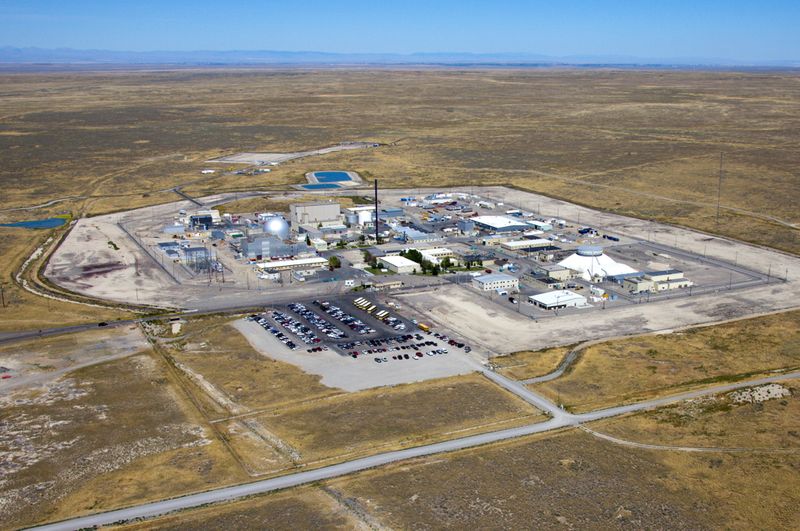(Reuters) - The Biden administration on Tuesday said it was seeking local communities willing to host nuclear waste storage sites, arguing they are needed to deal with the nation’s existing waste and encourage growth in virtually emissions-free nuclear power to fight climate change.
The U.S. government tried for decades to create a large-scale nuclear waste dump in Yucca Mountain in Nevada to store waste accumulating at reactor sites, but the project was ultimately rejected due to public concerns about safety.
"Nuclear energy is essential to achieving the Administration’s goals to create a carbon pollution-free power sector by 2035 and net zero emissions economy by 2050,” the Department of Energy said in a press release announcing the effort.
“Managing waste not only makes nuclear a more sustainable option but also helps fulfill DOE’s obligation to manage the nation’s spent nuclear fuel,” it said.
The DOE said it was issuing a “request for information on a consent-based siting process” that would be used to identify sites.
Kathryn Huff, the Department of Energy's Principal Deputy Assistant Secretary for Nuclear Energy, said hosting such sites could bring communities jobs and new infrastructure and that she expected "thousands of responses" to the request for information.
“DOE is committed to responsibly managing the nation’s spent nuclear fuel and willing communities have the right to explore the benefits and conditions they need to host a federal interim storage facility,” she said.

"We think that this consent based approach is the right thing to do, and also our best chance for success," she added.
The United States has accumulated about 83,000 metric tons of radioactive nuclear waste since the 1950s, which is now stored in steel and concrete enclosures at 76 reactor sites in 34 states, according to the DOE.
